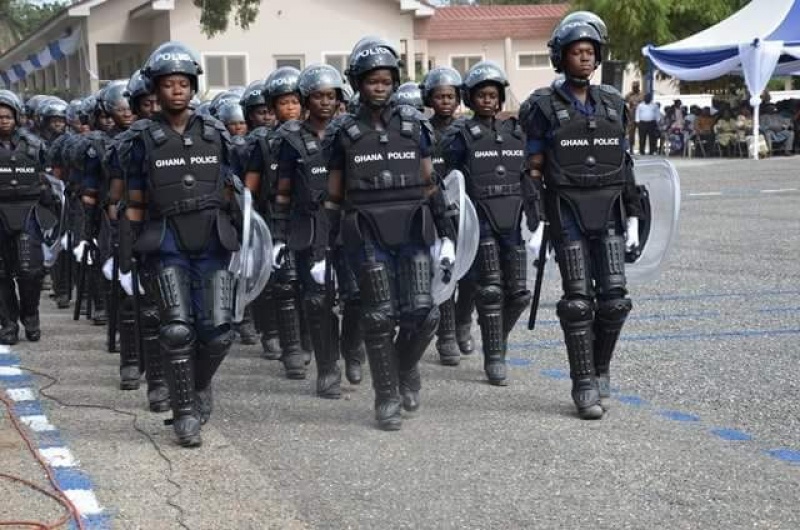
Ghana is acclaimed as an oasis of peace in Africa. However, the economic benefits from that enviable accolade, including foreign direct investment inflows, may be undermined by the rising crime rate in the country.
Recent incidents of crime in parts of the country, some of them rather violent and fatal, have heightened fear and a sense of insecurity among the citizenry.
The expectation of many Ghanaians, therefore, is for the government to deal with these challenges in order to reinforce peace and stability in the country as expressed by respondents in a survey conducted by the Institute of Economic Affairs (IEA).
The survey on “Ghanaians’ expectations from the new government” conducted by the IEA in March 2017 assessed governance issues that Ghanaians considered a priority and wanted to be addressed promptly by the government.
Background of survey
In the 2017 Budget Statement, the government indicated an intention to strengthen the Judiciary, deepen decentralisation and grassroots participation, enhance peace and security, fight crime and promote personal safety.
Furthermore, it pledged to reform and strengthen key independent governance institutions to accelerate the economic and social development of the country.
Since the survey was undertaken in March 2017, the government has not fully responded to the concerns of the people; in some instances, programmes rolled out to address crime have not yielded the desired results.
Crime, peace and personal safety
Among the aforementioned governance issues, a majority of the survey respondents (56.7 per cent) wanted the government to fight crime, while 37.2 per cent wanted it to promote personal safety, with 19.4 per cent interested in the enhancement of peace and security.
Northern Ghana, comprising the Upper West, Upper East and Northern regions, has been engulfed by age-old conflicts that have undermined peace and security in the three regions for many years.
The effect of lack of peace and security in the three regions of the north has been very grave, chiefly among which are under-development and poverty.
Perhaps, the only concrete step the government has taken towards addressing the concerns of residents in the north is the deployment of security personnel to the regions to maintain peace and ensure security.
However, when the peace enforcers turn their weapons against one another in an unrestrained attack, such as the recent clash between soldiers and police officers in Tamale, the sense of insecurity of residents can only be worsened.
Independent governance institutions
One interesting finding in the IEA survey, which may require urgent attention from the government, was the low priority respondents (8.2 per cent) gave to the need for the government to reform and strengthen key independent governance institutions.
That suggests a lack of appreciation of the significant role such governance institutions play in enhancing the country’s fledgling democracy and addressing critical concerns of the people.
The key independent governance institutions, such as the Commission for Human Rights and Administrative Justice (CHRAJ), National Commission for Civic Education (NCCE) and National Media Commission (NMC), have been starved of the requisite financial and human resources that will enable them to discharge their constitutional mandate effectively and efficiently.
Source : graphic.com.gh

































